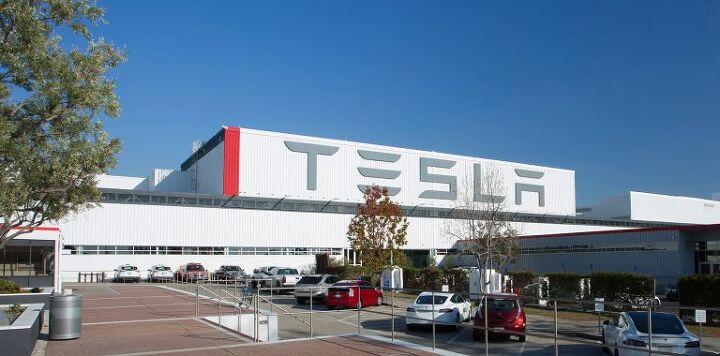#FactoryWorkers
Tesla and UAW Assume Battle Stations
The United Automobile Workers have had its eyes on Tesla Motors for years. However, it wasn’t until the start of 2017 when unionization efforts at the automaker’s Fremont, California factory really started ramping up. Following complaints that the automaker failed to ensure effective safety measures, Tesla employee Jose Moran published a blog post that openly criticized the company for overworking its staff in unsafe conditions. Moran also said payment was insufficient and promotions were unfair — suggesting unionization was the only way to protect employees.
Soon afterwards, the UAW began filing a slew of complaints to the National Labor Relations Board (NLRB) while Tesla was confronted with racial discrimination lawsuits. Widespread reports of worksite injuries also surfaced. The California Department of Industrial Relations saw over 180 Tesla employees applying for compensation as a result of serious injuries between 2012 and 2017. Now, the UAW is accusing the automaker of intimidating pro-union employees and terminating those it could not sway.
Is Your Car Filled With Drugs? No, But the Line Worker Who Built It Might Be
The American automotive industry is facing a problem that has nothing to do with supplier relations or regulatory handicaps. Apparently, domestic auto workers are getting addicted to drugs at an alarming rate. As a Michigan native, my childhood frequently included evenings at the local bowling alley where shop rats would go to tip back a few after the end of their shift. But, with the exception of an occasional “funny smelling cigarette,” you never really heard about anyone having troubles with more illicit substances.
However that’s exactly what the Detroit Three appear to be faced with, according to George Washington, an employee-assistance representative for General Motors. Washington claims line workers are becoming addicted to opioids and even crystal meth at a frequency that’s causing concern.

















Recent Comments